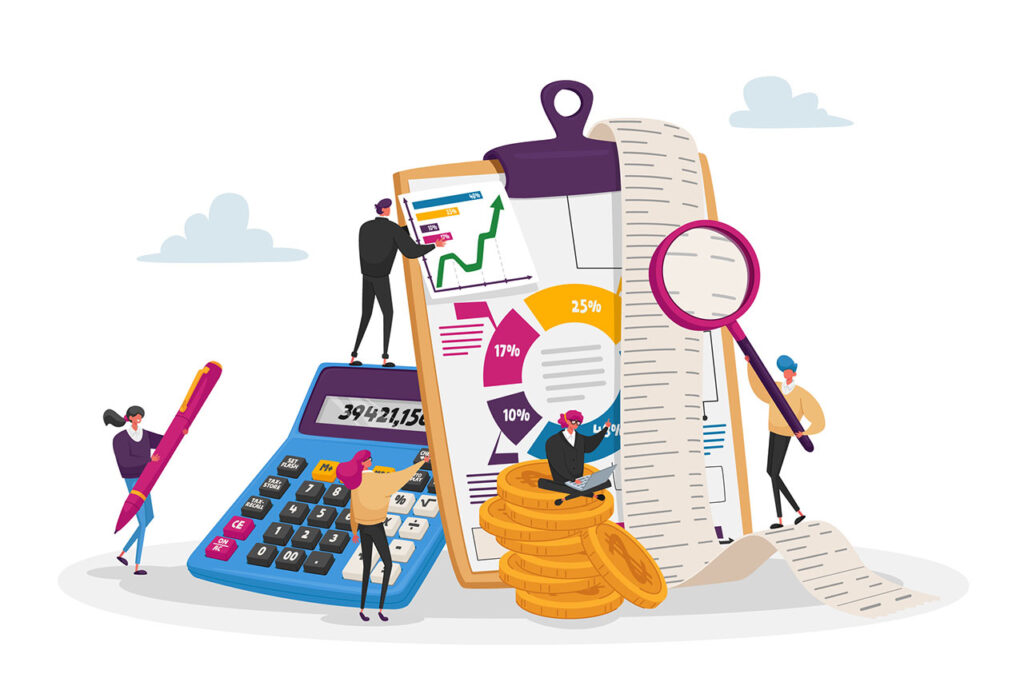SBA loan calculator
This simple SBA loan calculator helps you understand the cost of your loan. See monthly interest & repayment amounts, as well as total interest & cost.
Page written by Ian Hawkins. Last reviewed on May 20, 2025. Next review due October 1, 2027.

Ian Hawkins
Head of Content
Ian Hawkins is Head of Content at Swoop. As a freelance business journalist and filmmaker he has reported from Europe, Central and North America and Africa. His films and writing have appeared on BBC World, Reuters and CBS, and he has spoken at conferences on both sides of the Atlantic on subjects including data, cyber security, and entrepreneurialism.
Read this article to me







 yet? Register here!
yet? Register here!